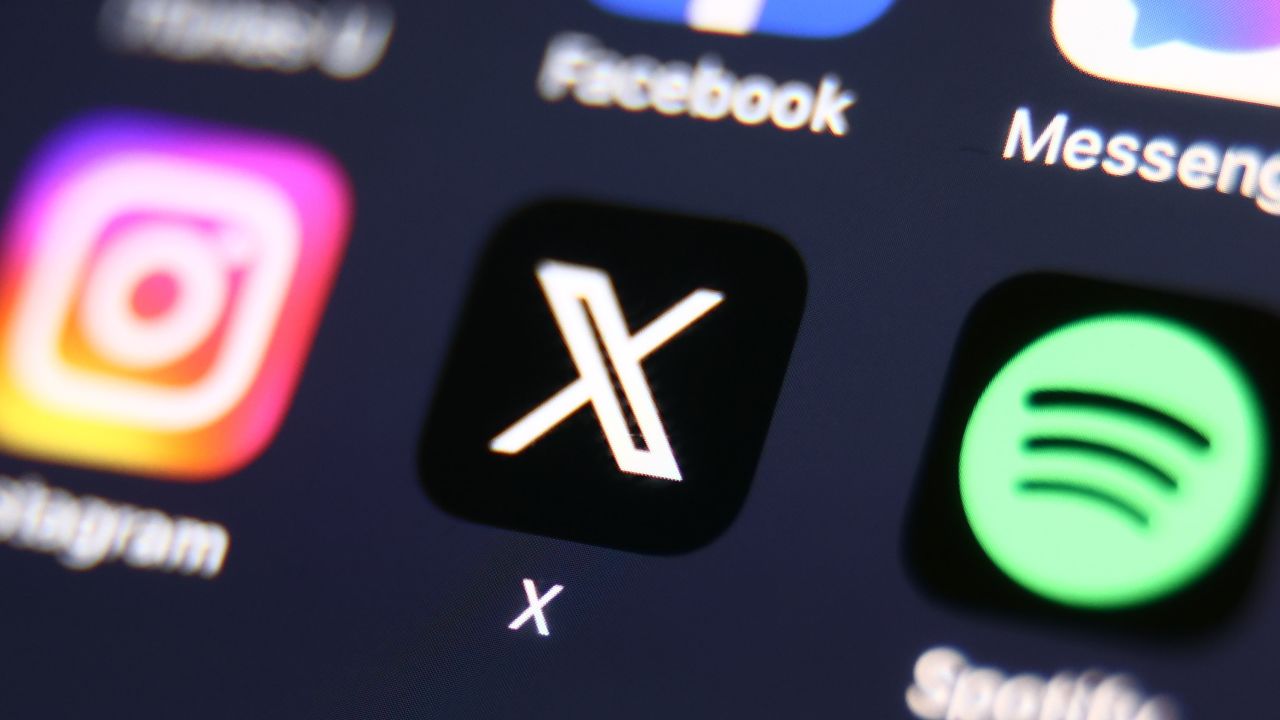
The social media network X, which used to be known as Twitter, announced this week that it may gather biometric and employment data from its users, broadening the breadth of personal data that users may be disclosing to the site.
Two sections pertaining to the new data gathering method were added to the company’s privacy policy in an update that included the disclosures.
The policy said that, with your permission, “we may collect and use your biometric information for safety, security, and identification purposes.”
Additionally, X stated that under a new area titled “job applications,” it may compile users’ employment and educational background.
The company added that it might gather data on “employment preferences, skills and abilities, job search activity and engagement, and so on” in order to recommend job opportunities to users, share that data with potential third-party employers, or better target users with advertisements.
Users of X Premium will have the opportunity to supply a government ID and a selfie photo for verification purposes, according to the business. For matching purposes, the business may collect biometric information from both the official ID and the selfie, it said in a statement to CNN.
According to the business, “this will additionally help us tie, for those that choose, an account to a real person by processing their Government issued ID.” Additionally, this will strengthen the platform’s security and aid X in thwarting impersonation efforts.
The modifications reflect what many of X’s classmates already regularly gather. But it indicates a widening of the categories of data that Twitter is looking to track. The policy change comes as platform owner Elon Musk aims to make it become a “everything app” with capabilities like to those of the well-known Chinese app WeChat, including financial services.
The change also occurs as international legislative measures start to demand that social media businesses confirm the ages of their users. Users of many age-assurance services are required to supply copies of their government-issued identity or selfies for AI to analyse.
Just hours before it was scheduled to go into effect on Thursday, a federal court temporarily delayed an Arkansas law requiring age verification for social media platforms.









